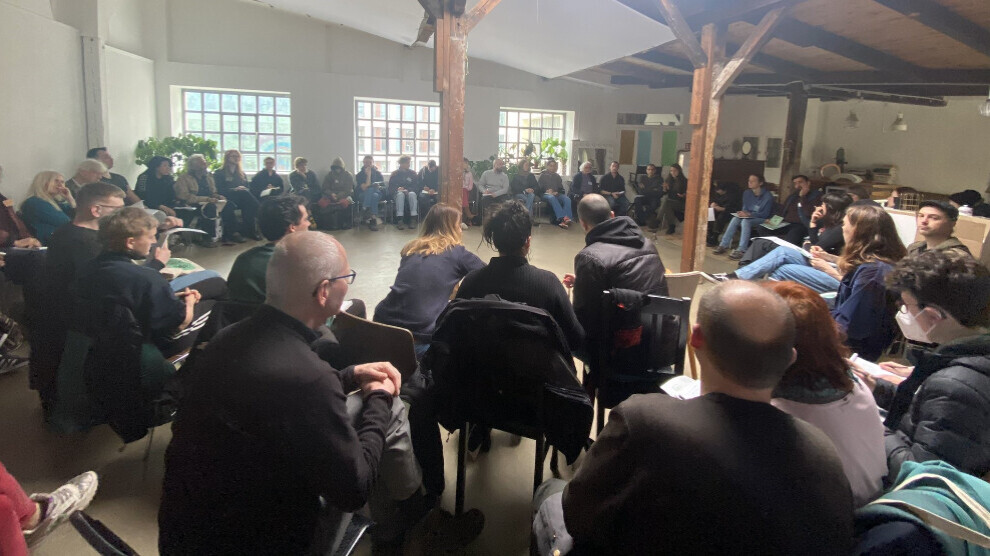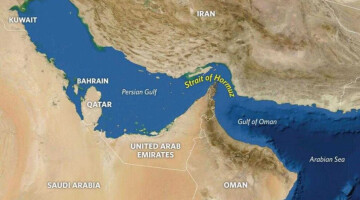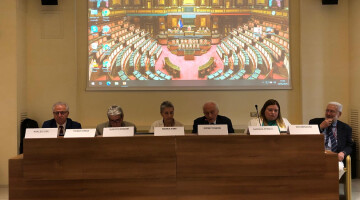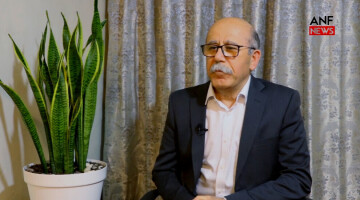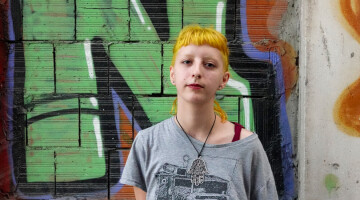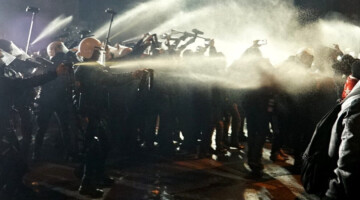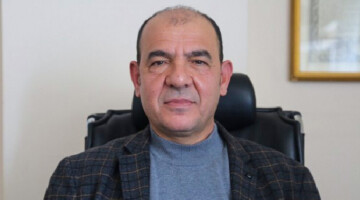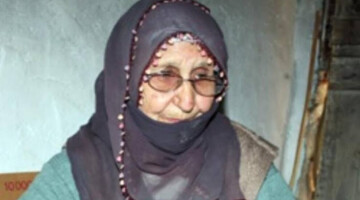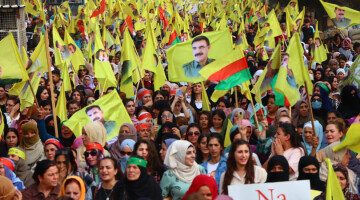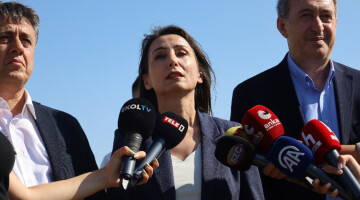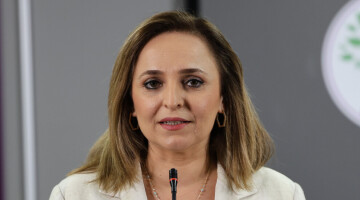As part of the Hamburg conference "We want our world back" from the event series "Challenging Capitalist Modernity", 23 workshops took place on Saturday. The venues had to be moved due to the cancellation of the Audimax at short notice by the administration of the University of Hamburg under pressure from the Office for the Protection of the Constitution. Today, the conference continues at the Bürgerhaus Wilhelmsburg. Two of the numerous workshops on Saturday dealt with the topics "Democratic Confederalism using the example of Montreal" and "Sociology of Freedom in the Construction of Democratic Modernity".
The workshop "Democratic Confederalism - Montreal as an Example of a Decentralised City" was designed by Dimitrios Roussopoulos. The political activist, writer, editor and publisher lives in Montreal and has been involved in peace initiatives, ecological projects and cooperative movements since the late 1950s. He has studied philosophy, politics and economics in Canada and England and has written, edited and published books. During his introduction, however, he stressed that he was not an academic. He told the participants in a lively and vivid way about 70 years of his life story, which he spent as an active citizen of Montreal in the persistent struggle for democratisation and decentralisation.
The speaker laid the foundations for his presentation of Montreal community organising, which had its beginnings in the 1960s, with explanations of terms: Federalism (Pierre-Joseph Proudhon, 1809-1865), cooperatives, which had their beginnings in Rochdale in England (1844) and whose founding principles included gender equality and also a commitment by members to educate themselves in the basics of peaceful coexistence, and Confederalism as well as Democratic Confederalism, with reference to the writings of Abdullah Öcalan.
Participants in the workshop learned that Montreal, a city of three million people, now has 4000 different types of committed neighbourhood organisations. The urban struggles since the 1960s, which often required going door to door to network the neighbourhood, needed staying power, but then success was possible. This is not only the case in Montreal, but everywhere, Roussopoulos stressed. In 2000, a Residents' Assembly was held over two weeks in various stages, which, among other things, agreed on a charter of human rights and obligations for all city residents.
“Citizenship is redefined as a local role. In the city, too, it is not elections that are important, but the active role of the inhabitants at all times. Democracy is more than elections. Among other things, a right to public consultation is enshrined, because public debate and participation are important. In 2004, a new, decentralised city structure was also implemented, dividing Montreal into 19 districts with monthly assemblies and their own budgets. In 13 of these boroughs, a major part of the budget is allocated by a decision of the residents (participatory budget). Such decisions on municipal funds were first introduced in Porto Alegre and have since been anchored in 240 cities.”
Many questions were asked by the workshop participants, who are themselves involved in initiatives that deal with urban and housing policy and demand and fight for more democratic participation. It was also made clear by the speaker from Montreal that one can never stop being loud and making trouble in order to assert rights and a deepening of democracy. “For these struggles, it is also important to have a movement and to be well organised, for example, to be prepared for reactionary contributions to discussions in meetings.”
Another workshop on Saturday was entitled "Intellectual Tasks for Building Democratic Modernity: The Sociology of Freedom". At the beginning of the workshop, it was explained what is meant by sociology of freedom and how it is related to the Jineolojî and the women's revolution. In addition, the still new project "Academy of Democratic Modernity" was explained. Afterwards, the participants discussed in four groups on the basis of three given questions for one hour. The results were presented in the plenary.

